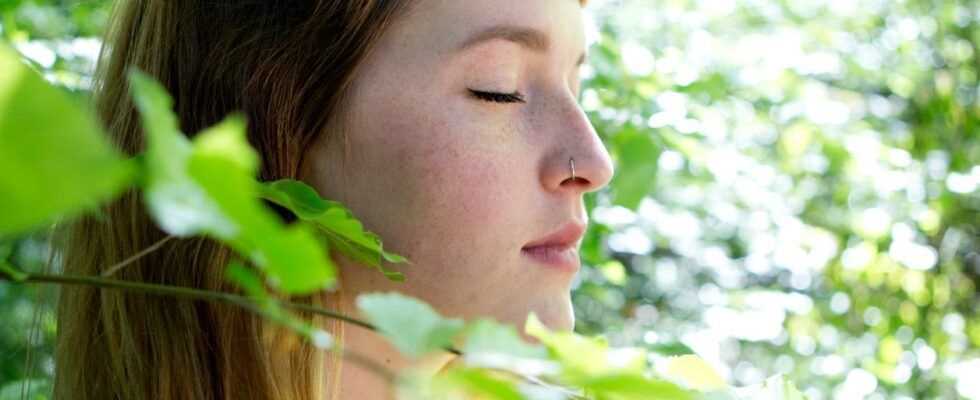While the Covid-19 pandemic has (re) placed ecology at the center of debates, initiatives to try to change the situation are multiplying. Some leaning in particular … on trees.
The World Tree, Pulitzer Prize 2019 by American novelist Richard Powers, has achieved immense critical and public acclaim. Many French people were enthusiastic about this atypical book, which traces the journey of nine characters who come together around the environmental cause. But the real hero of the novel is him, the tree. Emblem of the fight for biodiversity, producer of oxygen, symbol of life but threatened on all continents, who better than him to embody our desire for "the world after"?
This has intensified with the Covid-19 pandemic, which is forcing us to reconsider our way of life. The overexploitation of nature by humans, intensive breeding, deforestation, the destruction of natural ecosystems are indeed determining factors in the spread of this new virus. And this battered nature then appears as a safe haven. During the confinement of March, those who were lucky enough to have a garden or a balcony were numerous to steal precious everyday moments, to cultivate, plant and prune. Children, parents, grandparents, couples … We have never spent so much time with our hands in the earth. Has the long-awaited awareness finally taken place?
Ideas that germinate
We can in any case hope that this dynamic continues. For several years, initiatives at the individual level have multiplied and, while they cannot replace the necessary political will, they have helped us to better understand our impact on the environment. Calculation and compensation of our carbon emissions after purchasing a plane ticket, encouragement of composting by municipalities and even, the possibility of being buried in a biological and biodegradable coffin, where a tree will then be planted … ideas for everyone to try to act on their own scale and set an example for those who govern us. And the momentum keeps growing. Just like the Italian company Treedom which, ten years ago, launched the first and only web platform to plant a tree remotely and then follow its evolution online. A fun way to go about ecology, at a time when the subject remains anxious. And a project accessible to everyone, garden or not.
Click, it's dead!
To grow a tree, the only prerequisite is an Internet connection. The user will go to Treedom's siInternetnet and choose their tree from the many species on offer: a mango tree in Kenya, a cedar in Haiti, a cocoa tree in Cameroon and more. A farmer will then plant it on his own land and ensure its growth. Trees that not only absorb CO2 (more than 370 tonnes since the launch of the project), but also have a real social impact for communities. The fruits of the mango tree can, for example, be consumed by farmers or resold for consumption and the manufacture of cosmetic products. Planting a cocoa tree makes it possible to produce cocoa, which provides farmers with an additional source of income. All this, the user knows, because the platform informs him through regular updates about the projects of which the trees are a part. He.she can therefore create a form of digital relationship with his tree, from which he.she receives the GPS coordinates as well as a photo when planting it. In addition to the multiple choices offered by the platform, the added value of Treedom is its educational dimension, this “cyber-forestry” representing a good way to familiarize yourself with climate change issues and the importance of protecting biodiversity, at any age.
In total, more than 1.44 million trees have already been planted across 17 countries via Treedom. And no less than 84,000 local farmers have joined the project and are now working towards sustainable agriculture. As the end of the year celebrations approach and will perhaps be done at a distance, we can already imagine ourselves giving a tree, an intergenerational gift and very much in tune with the times.
Article in partnership with Treedom.
